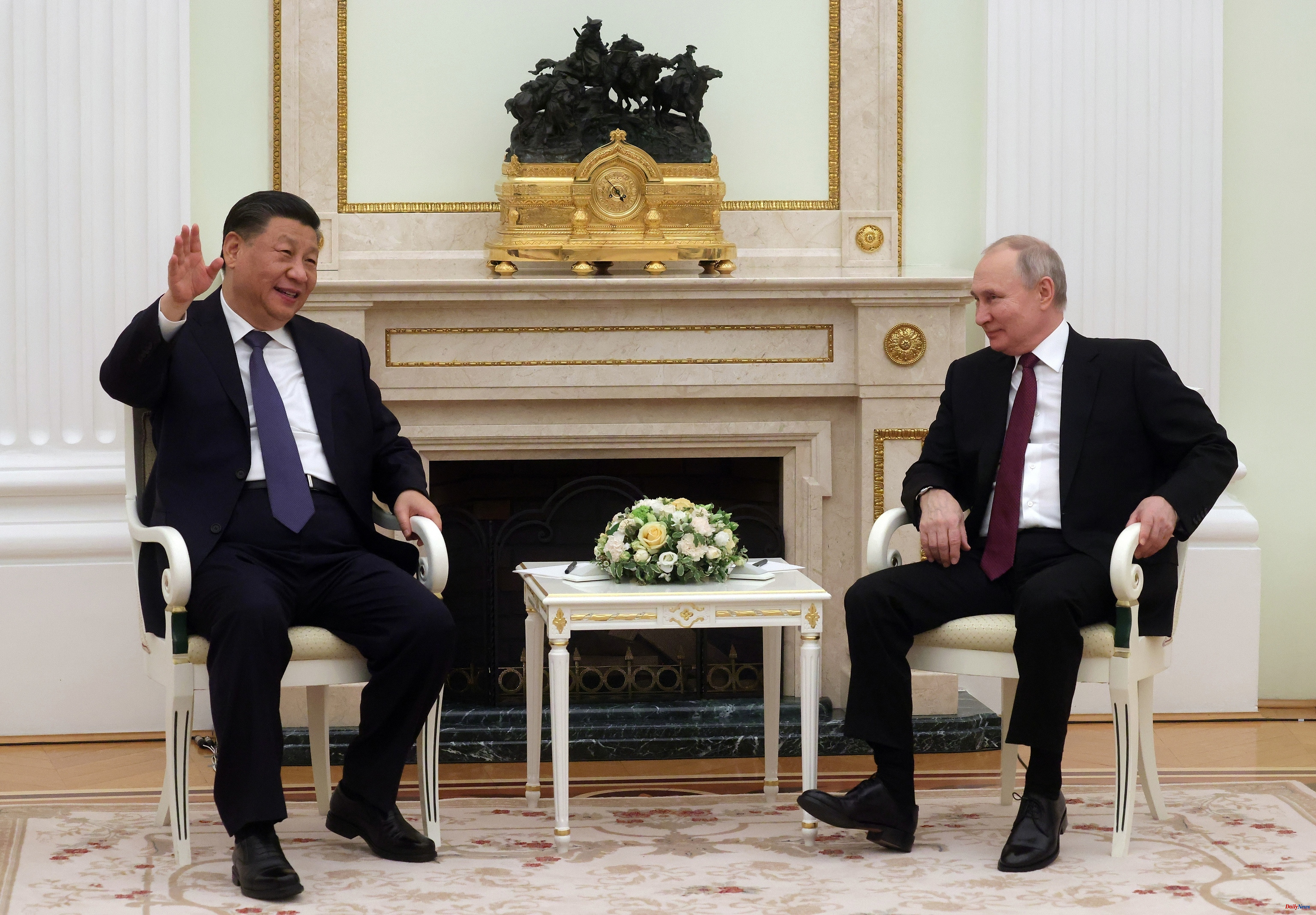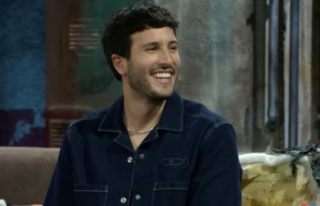The United States has greeted Xi Jinping's visit to Vladimir Putin with a new aid package for 350 million dollars (327 million euros) in weapons for Ukraine, which includes the type of equipment - ammunition for artillery, anti-radar missiles, systems for clearing mines and explosives for demolition of defenses - which would only be needed by Armed Forces preparing to launch an offensive. Likewise, 18 European countries, including Spain, have agreed to send one million artillery shells to Ukraine.
That indicates that as much as Putin and Xi stage the scene of the peace proposal in Moscow, the war will continue. This was stated yesterday by the US Secretary of State, Tony Blinken, who said that "the world should not be fooled" by a possible peace plan by Russia and China for Ukraine. The expression was repeated, word for word, by the spokesman for the National Security Council, John Kirby, at a press conference at the White House. Washington's fear is that Russia will try to "freeze the conflict on terms that are favorable to it, leaving no avenue left to restore Ukraine's sovereignty and integrity."
Kirby recalled that "if President Xi wants to play a constructive role, we encourage him to talk to [Ukrainian] President Zelensky. Because we believe that China should hear things directly from the Ukrainians, not the Chinese." Since the war broke out, Xi and Putin have spoken on several occasions, but the Chinese president has never deigned to contact the Ukrainian. And China's decisions "have played the Russian propaganda game," Kirby said.
Indirectly, China is subsidizing Russia's war by buying mineral and agricultural raw materials and oil from it. But what really worries the United States is a possible agreement between Moscow and Beijing under which the great Asian power gives arms to Russia. "We don't know if there's going to be an agreement" in that regard, Kirby explained. According to US estimates, Russia has artillery ammunition for about three more months at the most, and its single tank factory can produce the same amount in twelve months that it loses in Ukraine in one.
So Moscow needs help. It has bought ammunition from North Korea and drones from Iran. But that is not enough. The exhaustion of its offensive in Bajmut, a town smaller than Avilés that, after six months of siege, it has still not managed to take, is an evident sign of weakness.
In recent days, in fact, the Ukrainians have regained ground on the outskirts of Bakhmut, and have managed to reopen part of the road access that Russia had blocked with its artillery. Chinese aid may be decisive in enabling Russian soldiers, who are increasingly going on the defensive, to maintain their operational capability in Ukraine.
According to the criteria of The Trust Project












